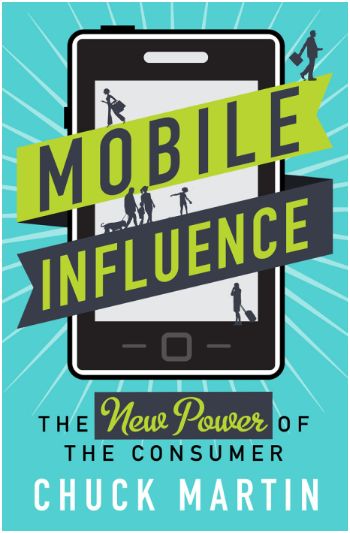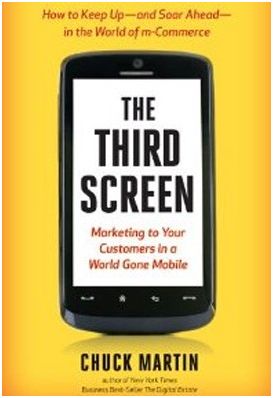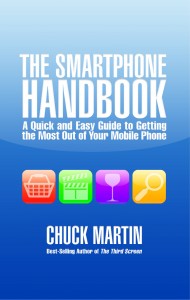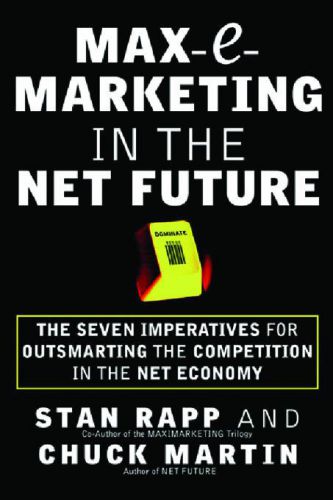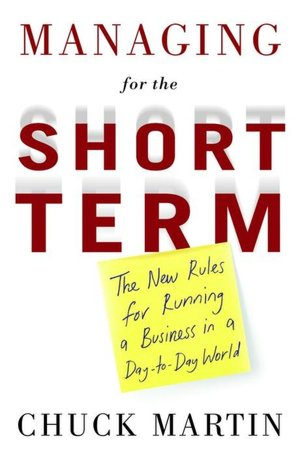A few days ago in this column, I wrote about the ‘focus on me’ as one of the themes that came through many of the discussions at SXSW, which seemed to hit a nerve based on reader response.
Data collection is now in the news again, with a senator requesting details about what consumer information is being collected by a company (Euclid Analytics) as shoppers move about inside certain stores.
The increasing technological capability to capture mobile data is being married to the desire for marketers to leverage that information for on-the-spot marketing.
The big issue is what information will be captured and what it will be used for.
In the case of Euclid, the company says it collects the phone location data to be used in the aggregate, such as for showing retailers the patterns of in-store traffic.
“All the data we show to retailers is completely aggregated and anonymous,” said Euclid CEO Will Smith. “They can see traffic trends and patterns, but no individual behavior.”
Euclid is far from the only company that uses aggregate location data.
For example, Google aggregates data to provide traffic-ahead information and recently began automatically re-routing drivers using Google Navigation taking that information into account.
In these cases, the information in the aggregate provides value to the end user; in the case of a store, to provide a more efficient layout, and for traffic, for a driver to save time by skipping bottlenecks.
Another kind of mobile data being collected involves consumer opt-in with the information being used to provide direct value to the customer.
For example, companies like Point Inside provide technology for retailers to allow customers to opt-in, add their grocery list and use in-store location to provide quick routes to the desired products.
“If this were 10 years ago, it would be a Big Brother discussion,” said Todd Sherman, CMO of Point Inside. “Now, consumers can understand and trade value.”
The precision of mobile data collection will continue to evolve, as will the ability to leverage it. And data collected is likely to find a place to go.
Opt in, opt out or aggregate. Where do you fall?
Chuck Martin is editor of mCommerce Daily at MediaPost and writes the daily MobileShopTalk. He is author of “The Third Screen,” “The Smartphone Handbook,” and the soon-to-be-published “Mobile Influence.” He is CEO of Mobile Future Institute and a frequent mobile keynote speaker around the globe.



